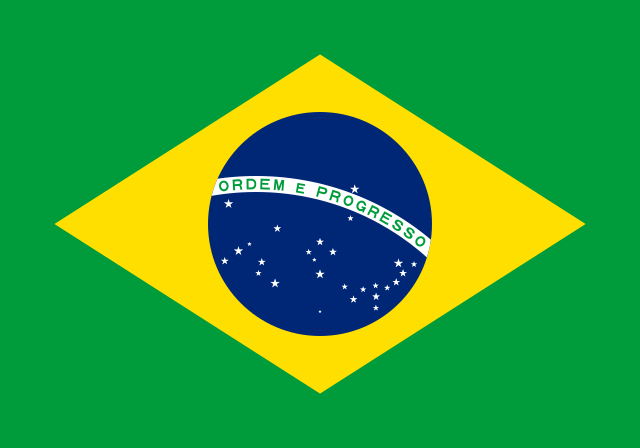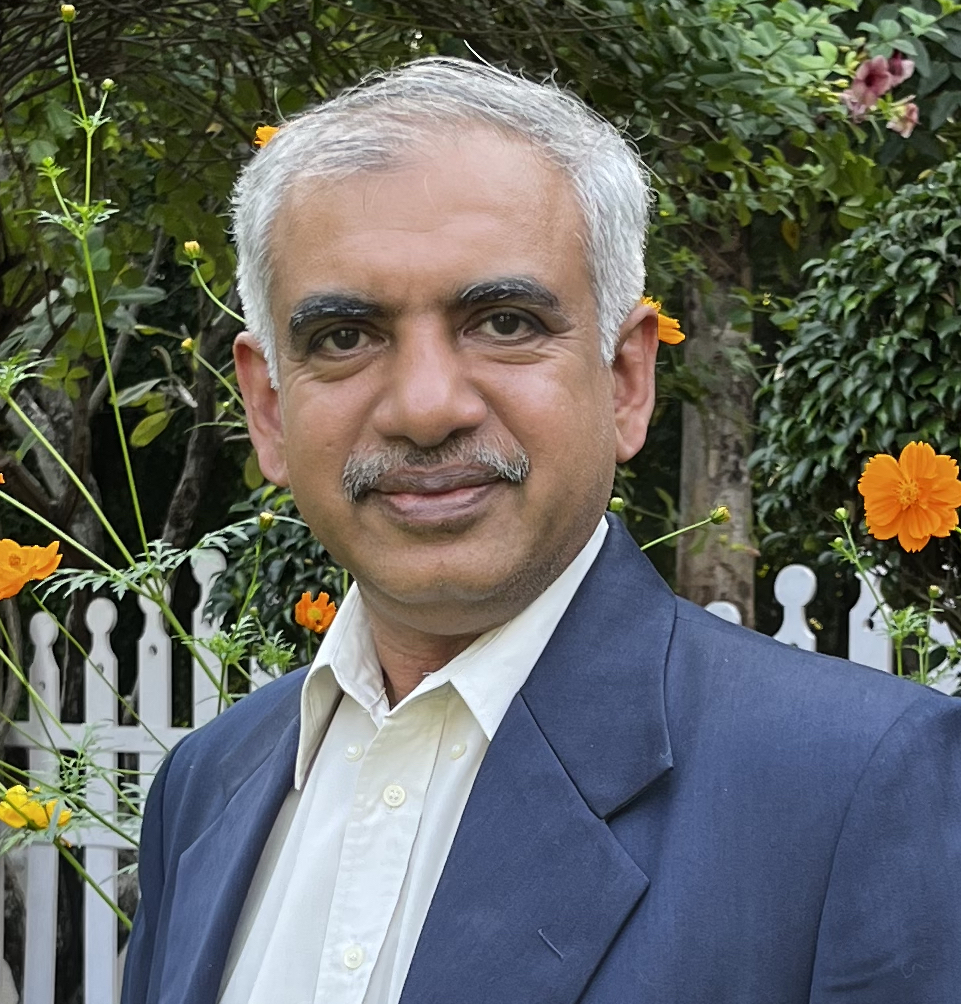Brazil shares ICARS’ vision of a world where drug-resistant infections no longer threaten the health of humans and animals, the environment, global food security, and economic prosperity. The country’s unique experiences and challenges with equity, geographic diversity, and its commitment to equal access to healthcare for all is a much-welcomed contribution to global efforts in Antimicrobial Resistance (AMR) mitigation.
AMR poses a substantial global health challenge and has been declared one of the top ten global health issue by the World Health Organization (WHO). That is also true in the Latin American region with over half a million deaths associated with resistance according to recent estimates published in the Lancet last year. As the largest country in South America, Brazil is a central actor in mitigating AMR in the region and worldwide. Its diverse geography and demographics bring opportunities as well as vulnerabilities.
Especially susceptible to adverse effects of climate change, Brazil is also at a higher risk of experiencing the burden of AMR and its impacts on human, animal, and environmental health. Drawing from its unique positioning and expertise, Brazil’s commitment to ICARS’ vision and mission is significant for the global efforts to develop solutions to AMR.
Brazil launched its first National Action Plan (NAP) on AMR in 2018 and is now working on its second edition, which will cover the period 2025-2030, reaffirming the One Health approach and committing to WHO’s strategic and operational priorities – Agenda 2025-2035 – and the principles of equity and solidarity. The new NAP is structured around strategic objectives, which include governance, awareness, education, research, surveillance, prevention, and access to quality diagnosis and treatment. The NAP also promotes synergy with strategic health programs, such as the Healthy Brazil Program, which addresses communicable diseases, such as TB, leprosy, HIV, and sexually transmitted infections (STIs), as well as strategies to reduce maternal and infant mortality.

Due to its continental dimensions and regional differences, implementing AMR prevention and control measures throughout the territory remains a challenge, the Ministry of Health of Brazil says. Knowledge sharing through the partnership with ICARS aims to increase awareness, behavior change, innovation, and access to health services to reduce the burden of AMR in the country.
Brazil is leading the AMR discussions under its G20 presidency. These discussions are linked to the UN General Assembly High-Level Meeting on AMR and the upcoming political Declaration on AMR. On September 1st, ICARS will attend and present at a side event on AMR in Brazil co-hosted by the Ministry of Health of Brazil, WHO, and the Global Leaders Group on AMR during the G20 Health Working Group’s 4th meeting.
ICARS is excited to welcome Brazil to its global portfolio of Mission Partners across Asia, Africa, and Europe and become the first Mission Partner in Latin America. As an ICARS’ Mission Partner, Brazil commits to mitigate AMR nationally and within their region and joins a network of like-minded countries facilitating a strategic collaboration with ICARS on advocacy for global AMR interventions.
“As the seventh most populous country in the world, Brazil is an important player in the global arena. Brazil coming on board as a Mission Partner of ICARS is therefore key in our efforts towards mitigating AMR. We at ICARS warmly look forward to this new partnership. Welcome Brazil!”
-ICARS’ Executive Director, Sujith J. Chandy.

 “As the seventh most populous country in the world, Brazil is an important player in the global arena. Brazil coming on board as a Mission Partner of ICARS is therefore key in our efforts towards mitigating AMR. We at ICARS warmly look forward to this new partnership. Welcome Brazil!”
“As the seventh most populous country in the world, Brazil is an important player in the global arena. Brazil coming on board as a Mission Partner of ICARS is therefore key in our efforts towards mitigating AMR. We at ICARS warmly look forward to this new partnership. Welcome Brazil!”